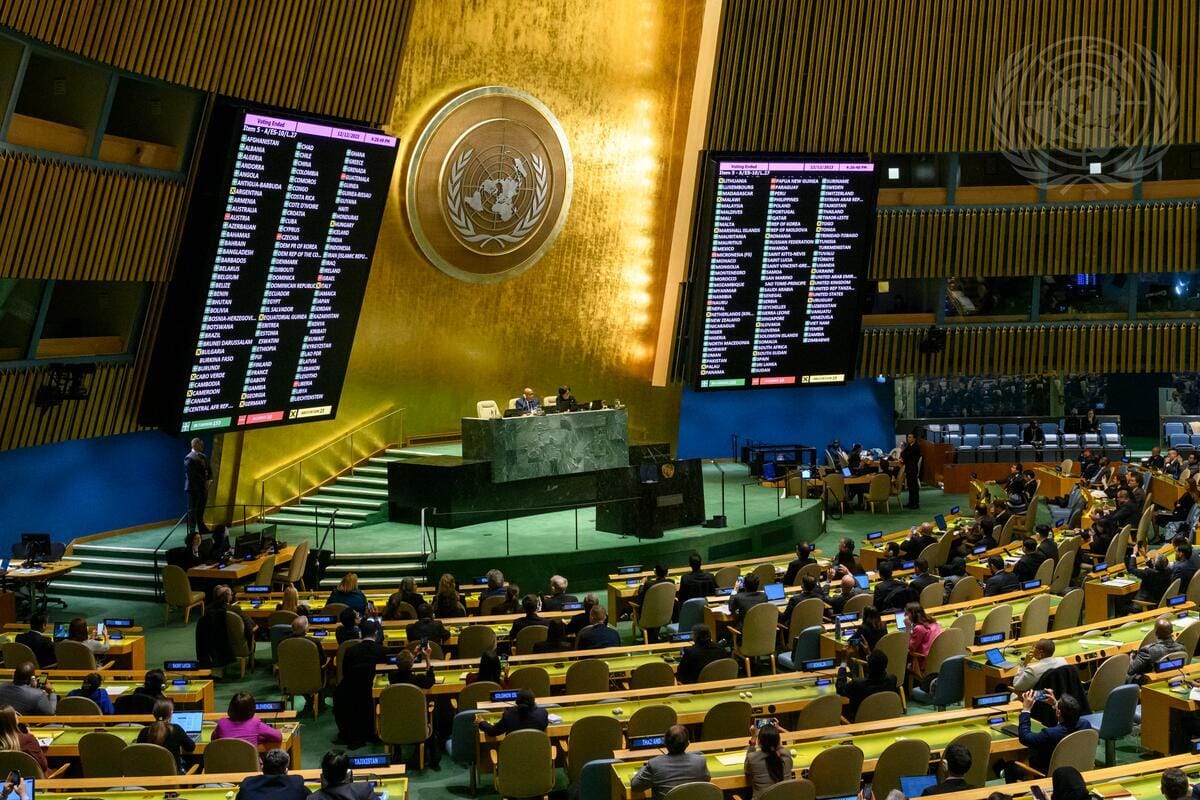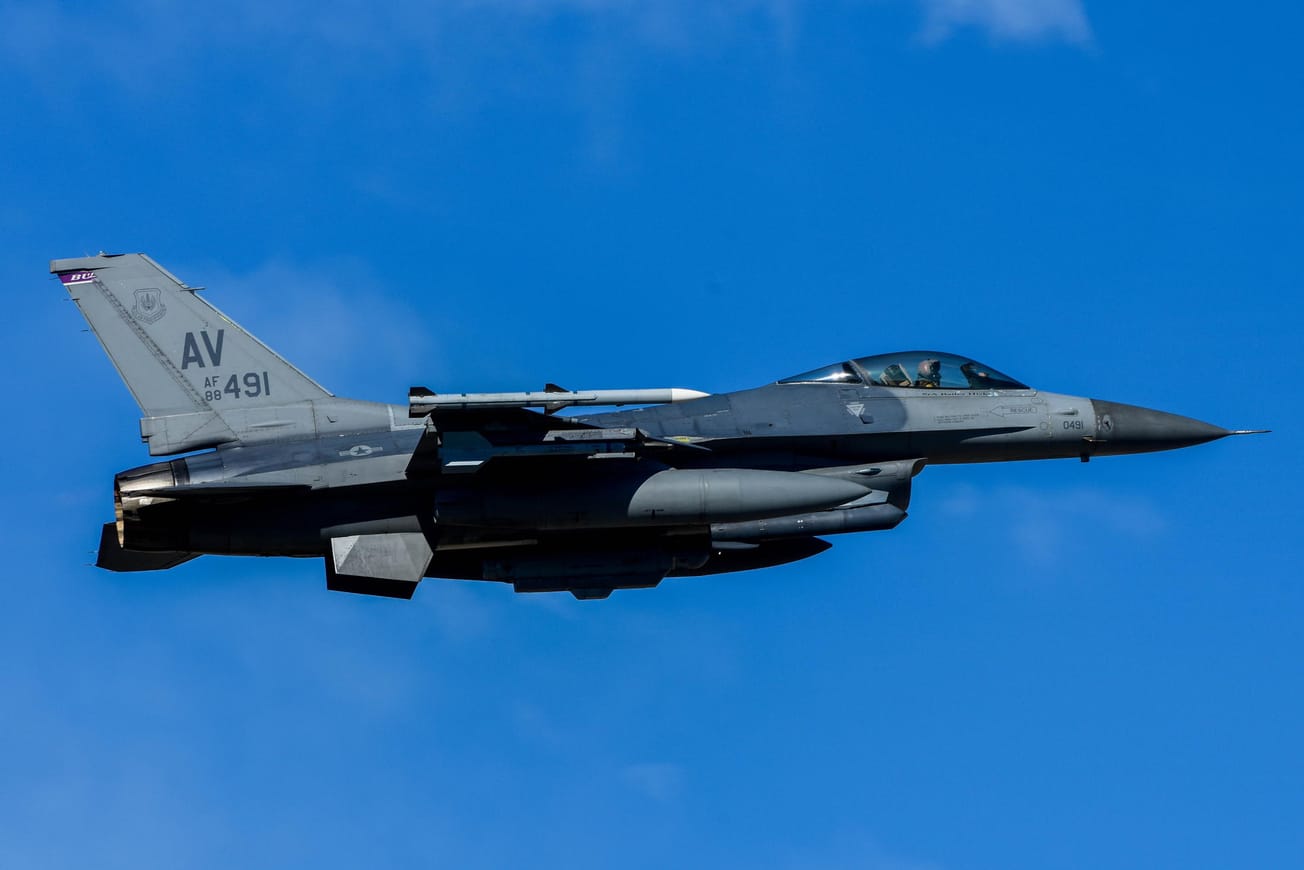Certainly not Putin’s Russia or Xi Jinping’s China. The United States won that prize in yesterday’s United Nations General Assembly vote, continuing its fiercely stated refusal to allow an “immediate humanitarian ceasefire” to end the murder of the people of Gaza. With 153 nations voting for the ceasefire, only 9 nations joined the lonely U.S. in opposing the ceasefire—and one of those was Israel. The “solidly united G7” split on this one. Three of the seven voted for the ceasefire (France, Japan and Canada, the latter two breaking from their abstention in the previous Oct. 26 UNGA resolution vote); three abstained again (Italy, Germany and the U.K.); and the United States stood alone, the sole “no” vote.
With India’s support this time, the BRICS-10 voted unanimously in favor of a ceasefire.
Only two from Ibero-America voted with the U.S. (Guatemala and Paraguay); only one from Africa (Liberia); but from Asia, the U.S. garnered the support of three Pacific island states (Micronesia, Nauru, Papua New Guinea).
The self-proclaimed “leader of the West” found itself isolated not just in the G-7, but in Europe as a whole, as only two voted against the ceasefire (Austria and the Czech Republic). Many European nations who had abstained before, yesterday joined the majority of the world in calling for a ceasefire, including Denmark, Greece, Poland, Sweden, Serbia, Croatia, Latvia, and NATO’s new member Finland, among others.
Al Jazeera has a useful page to find out “how your country voted.”






